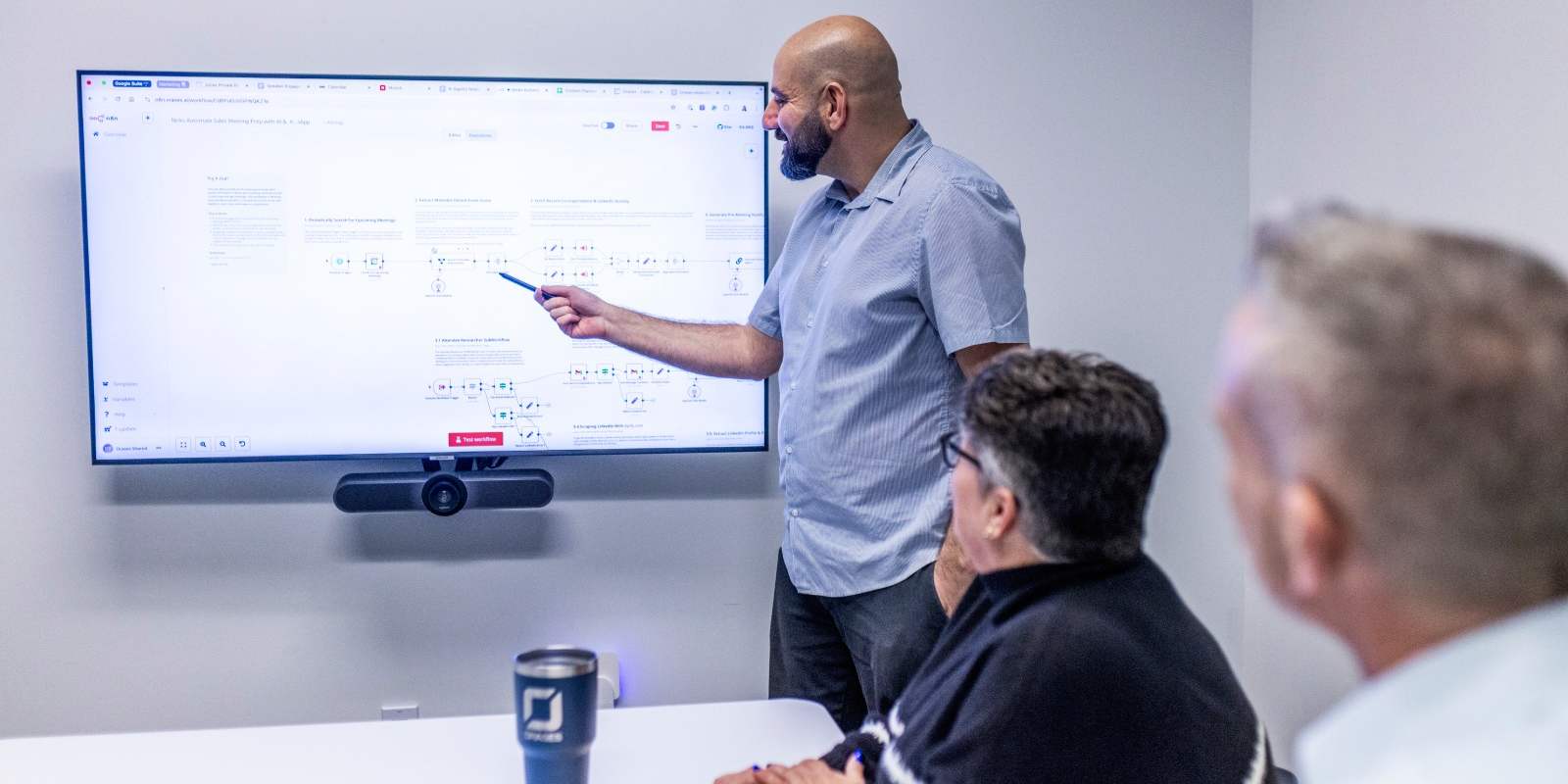Artificial intelligence agents are rapidly becoming embedded in daily routines and business operations, functioning as conversational assistants, workflow coordinators, and decision-making partners. What once felt experimental is quickly becoming standard, with billions of consumers using voice assistants and companies integrating AI co-pilots into their software stacks.
Analysts expect this trend to accelerate sharply over the coming years. The global AI agents market, valued at approximately $5.1 billion in 2024, is forecast to surge to over $47 billion by 2030. This massive growth reflects both the pace of innovation and the expanding trust in AI-driven support systems across sectors.
Key Trends Shaping The Future Of AI Agents
 Advances in generative models, contextual memory frameworks, and multimodal capabilities are quickly redefining the potential of AI agents. The shift is no longer just about responding to commands, but about assisting with context, anticipation, processing, and collaboration.
Advances in generative models, contextual memory frameworks, and multimodal capabilities are quickly redefining the potential of AI agents. The shift is no longer just about responding to commands, but about assisting with context, anticipation, processing, and collaboration.
AI is actively transitioning from a background utility to a dynamic force that actively shapes how people interact with digital environments.
Enhanced Personalization & Contextual Understanding
Over the next decade, AI agents are expected to gain significantly deeper knowledge of individual users who engage with them. Through long-term memory systems and real-time contextual modeling, agents will remember preferences, track ongoing tasks, and respond with increasing emotional intelligence.
For instance, a virtual assistant might know a user’s calendar and also recall previous conversations, adjust its tone based on sentiment, and suggest activities that match the user’s current needs.
Integration With IoT & Edge Computing
Smarter environments will emerge as AI agents become integrated into everyday devices. Spanning from smart homes that adapt lighting based on mood and time of day, to vehicles capable of real-time route planning and passenger interaction, the boundaries between physical space and intelligent software will continue to blur.
Devices like Alexa+ and AI-enabled AR glasses are early examples, allowing agents to interpret voice, visuals, and gestures simultaneously and respond to a broad set of sensory inputs.
Advancements In Natural Language & Multi-Modal Interactions
 Natural conversation is improving quickly, thanks to systems that combine language with visual and contextual understanding. Microsoft Copilot Vision, for example, can analyze screen content while conversing with users, while Google’s Assistant with Gemini combines advanced utility with generative dialogue.
Natural conversation is improving quickly, thanks to systems that combine language with visual and contextual understanding. Microsoft Copilot Vision, for example, can analyze screen content while conversing with users, while Google’s Assistant with Gemini combines advanced utility with generative dialogue.
These systems allow agents to perform meaningful tasks while maintaining fluid interaction, offering explanations, clarifying intent, and delivering a user experience that feels more natural and collaborative.
Rise Of Specialized Vertical AI Agents
Industry-specific agents are gaining ground across sectors. In healthcare, agents are assisting with patient triage, documentation, and diagnostics. In finance, they’re analyzing transactions and offering investment recommendations. Alongside this, legal departments are beginning to draft routine contracts using AI assistants.
McKinsey estimates that up to 60% of work in finance and insurance could be automated using AI within the next ten years, underscoring the practical value of tailored solutions that address well-defined tasks.
Democratization Of AI Technologies
Wider access to AI tools is reducing entry barriers across different industries. Thanks to cloud-based platforms like AWS, Azure, and Google Cloud, even smaller organizations can deploy custom agents for customer support, workflow automation, or data analysis.
Emerging markets are also benefiting, as multilingual and lower-cost implementations help bridge technological gaps. AI-as-a-service offerings are allowing startups and regional firms to compete with global players, accelerating adoption well beyond large tech-driven enterprises.
Forecasting AI Agents In 2025
The year ahead is expected to mark a major inflection point in the adoption of AI agents, with rapid acceleration on both the consumer and enterprise sides.
As capabilities improve and deployment becomes more accessible, AI agents are moving from experimental tools to standard business enablers and everyday digital companions.
Market Growth & Adoption
 Forecasts point to explosive expansion expected in the coming years. With a projected annual growth rate of 44.8%, the global AI agents market is set to rise from its current $5.1 billion to $47.1 billion within the decade.
Forecasts point to explosive expansion expected in the coming years. With a projected annual growth rate of 44.8%, the global AI agents market is set to rise from its current $5.1 billion to $47.1 billion within the decade.
Adoption is already ramping up. Microsoft reports that nearly 70% of Fortune 500 companies have implemented Microsoft 365 Copilot, signaling strong enterprise interest in AI-powered workflow support.
On the consumer side, demand is also surging. Predictions from Forrester and Gartner suggest that between 70% and 80% of customer interactions will be handled by AI agents in 2025, reshaping expectations around service delivery and responsiveness.
Innovation Drivers
Breakthroughs in large language models, reinforcement learning, and persistent memory architecture are powering the next generation of agents. Agents are now beginning to operate with real-time context, thanks to vector databases and IoT data integration.
Some early examples of self-directed systems, such as AutoGPT, demonstrate the potential for agents to operate with minimal supervision, running through planning, execution, and adaptation cycles on their own.
Competitive Differentiation
Leading organizations are deploying AI agents to increase speed, accuracy, and personalization in customer interactions and internal operations. AI copilots are already supporting roles in fields such as customer service, legal research, marketing automation, and beyond.
Businesses that successfully integrate these tools are seeing gains in efficiency and are beginning to set themselves apart through quicker response times, tailored experiences, and greater capacity to adapt services to individual client needs.
Start Harnessing The Power Of AI Agents With Orases Today
AI agents are quickly becoming foundational tools that can reshape both how businesses operate and how they connect with customers. Businesses are discovering new ways to reduce routine work and deliver smarter digital services, and the pace of change is accelerating.
At Orases, we specialize in building custom AI agents aligned with the distinct goals of each client, whether that means automating internal processes, powering smarter customer interactions, or transforming how data is processed and applied. To get started, schedule a personalized consultation online or call us at 301.756.5527.






